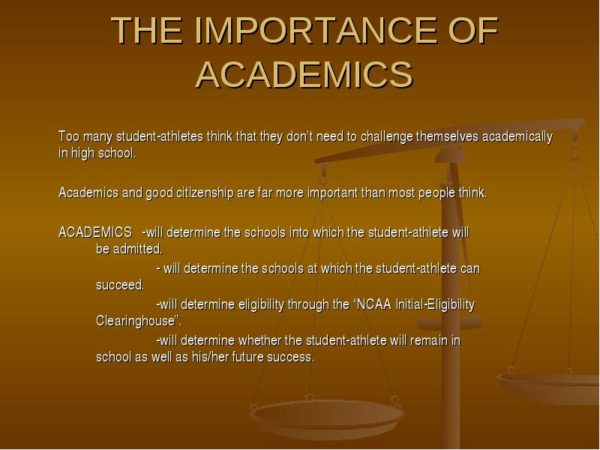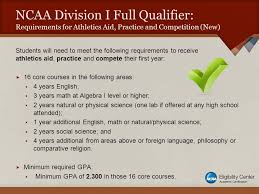
 Most (if not all) the articles you read today will tell you that grades are vital to getting an athletic scholarship, as well as an academic scholarship. While grades are definitely a significant factor into an athletic scholarship, you still need to be an elite lacrosse player if you are hoping to get an scholarship offer. That 4.0 grade point average will help with academic scholarships, but you need to be able to play at a very high level if you want that money for athletics.
Most (if not all) the articles you read today will tell you that grades are vital to getting an athletic scholarship, as well as an academic scholarship. While grades are definitely a significant factor into an athletic scholarship, you still need to be an elite lacrosse player if you are hoping to get an scholarship offer. That 4.0 grade point average will help with academic scholarships, but you need to be able to play at a very high level if you want that money for athletics.
When coaches are looking for prospective recruits, a number of programs look at grades and make a decision based on that. This can happen before they see you play or well before you see their campus. At some academic institutions, they will not even consider you unless your grades (including ACT/SAT scores) meet a certain standard. This normally happens at the Division III level or any school that has high academic standards.
For state schools that have lower academic requirements, sending in your transcripts with a 3.9 and a 29 on your ACT will definitely impress any coach, from Division I to Division III. For example, say the University of Albany is looking for a Midfielder. They have three Student-Athletes, that they have already offered scholarships and you are in the next group of Student-Athletes. If that first group of Athletes decides to go elsewhere, and you are able to play at that level, grades can help you stand out from the pack.
- E-Book: The Next Generation of College Lacrosse Recruits…Step by Step Playbook to Help You Navigate the College Recruiting Journey
- Paperback: The Next Generation of College Lacrosse Recruits…Step by Step Playbook to Help You Navigate the College Recruiting Journey
- E-Book: 7 Step College Recruiting Playbook
- E-Book: Parent’s Guide to College Lacrosse Recruiting
- E-Book: The Playbook: A Guide for 8th Graders
- E-Book: The Playbook: A Guide for 9th Graders
- E-Book: The Playbook: A Guide for 10th Graders
- E-Book: The Playbook: A Guide for 11th Graders
- E-Book: The Playbook: A Guide for 12th Graders
Academics are very important because it shows to Coaches that you are serious about School. While many elite players in Pro Sports did not have to spent much time in college, the majority of Lacrosse Players need to finish with a degree so they can move on with their life outside of School, or go onto higher education. Student-Athletes who take pride in Academics shows to schools that this Athlete has priorities and probably has his/her head on straight. While most schools know what they are getting with troubled players, an athlete with a high GPA is one that gives Coaches reassurance. This Student-Athlete is expected to do well on the field, in the classroom, and outside of it as well.
For some at the end of their high school career, it may be too late to achieve the 3.8 GPA that most desire to graduate. If you are past that, there are still some things you can do. The first is to try harder in your classes. If anything, use the motivation of having less student loans in the coming years to help you. Yyou may not realize it now but students loans are not a good thing. The second thing is to take an ACT/SAT prep course and take it serious. If you focus on it, this course can really help you improve your score. If necessary, take your tests multiple times. I know it’s not how you want to spend your weekend in the classroom, but the better you do on the tests, the less money you will have to pay for college. If given a chance to do it over, I would suggest taking it at least three times. At the time, I was not aware of what it really meant and what I needed to score.
And last but not least, working hard in school is important. If things fall through in athletics and you get hurt, having strong academics can help you open doors professionally. These strong high school academics can also help you lower your tuition, even if you don’t play lacrosse and have the scholarship taken away. Other than the effort involved, there are little consequences for putting in the time for academics.







